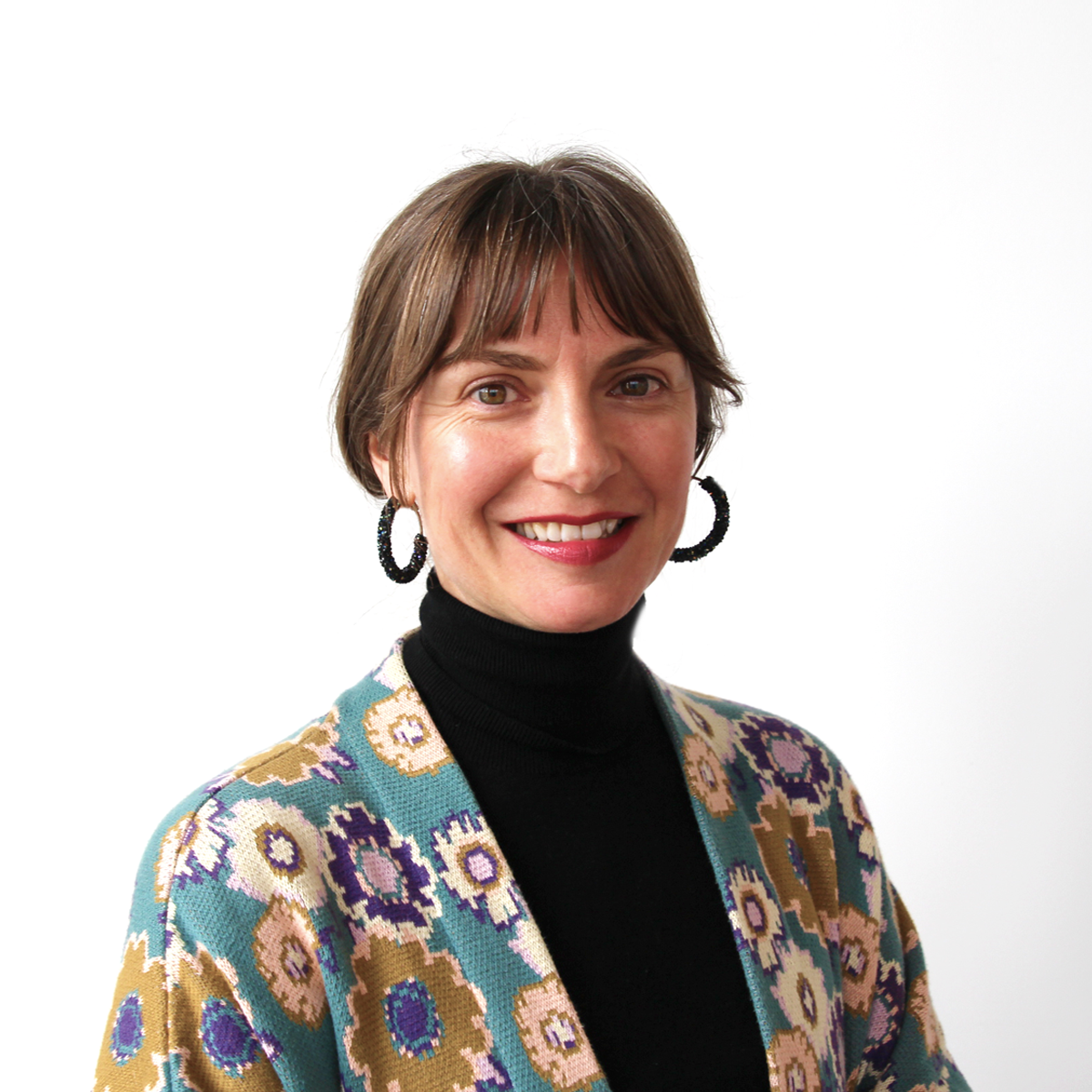Space for Change: Dr Elysia's Holistic Approach to Mental Health Through Focused Psychological Strategies
For many patients, mental and emotional wellbeing are deeply interwoven with physical health, and addressing one without the other can feel incomplete. Dr Elysia has long recognised the importance of this connection. In this conversation, Dr Elysia reflects on what drew her to FPS, how these longer, more reflective consultations create meaningful change for patients, and the empowering tools she now brings into her everyday work.
Q) Your practice as a GP naturally brings you into contact with a wide range of patient experiences. What first sparked your deeper interest in the mental health dimensions of this work and hence pursuing training in Focussed Psychological Strategies (FPS)?
In my GP work I see a lot of patients who are struggling with mental, emotional and/or social health issues. In and outside of my work, I have had a longstanding interest in psychosocial health. So inadvertently, for years, I had been practising psychology in my GP consults. In 2022, I decided to formalise my practise, with FPS training, and now have even more skills and expertise to use to counsel and support my patients.
Q) In your view, what is it about the FPS approach that allows it to go beyond the boundaries of a typical GP consultation, particularly when it comes to creating space for meaningful mental health support?
FPS consults are 50 minutes long, the same as most psychology consults. Often GP consults are quite short (not at INMC though!) and hence can be and/or seem rushed, especially when there is a mental health matter to address. I like to practise holistic, compassionate and slow - while still efficient - medicine. I like to slow things down to get to crux of issues.
Exploring vulnerability and difficult topics takes time; time gives patients space to open up and develop trust and comfort in themselves and their practitioner.
Even in my standard GP consults, I can practise FPS if there is time. A breathing or mindfulness exercise, and/or some conscious movement can be a useful tool to reset; can help people feel better in the moment and can also open patients up to more deeply understand the topics we are discussing.
My FPS training has given me an extended set of skills to pass on to patients, to help patients develop their capacities and increase their emotional toolkit. This gives patients new ways to manage difficulties in life, builds their confidence and trust in themselves, and empowers patients with new way of approaching problems.
“Life is full of change... New jobs, new relationships, becoming a parent, processing trauma, to name a few examples. Change can be frightening and intimidating, FPS gives people tools for adapting to change and what life throws at us.”
Q) Are there particular types of mental health concerns, life transitions, or emotional challenges where you find FPS tends to offer valuable support for more than others? Could you share a few examples?
To be honest, mental health care can be relevant to many and any transitions in life. Life is full of change, it is dynamic.
New jobs, new relationships, a change in relationships, planning pregnancy, becoming pregnant, becoming a parent, processing trauma, to name a few examples. Change can be frightening and intimidating, FPS gives people tools for adapting to change and what life throws at us. My FPS practise involves supporting patients gently and sensitively through these transitions.
At any given moment, some people will be ready - willing, open and empowered - for mental health support and input, and others won't. This is also dynamic, hence people go in and out of counselling. I often advise my patients that even if counselling wasn't helpful years ago, it may be now, and there are many ways to do it, some people find fortnightly appointments useful, others benefit from two-three monthly appointments etc..
Some patients require single session therapy. I am very able and happy to support and facilitate this.
Q) For patients considering an FPS session, what might they expect in those first conversations with you? How do you and the patient begin the process of setting realistic, personalised goals for their mental wellbeing journey in this type of setting?
In the first few FPS sessions, like in initial psychology and counselling sessions, I focus on the patient's current symptoms and concerns, and discuss their biopsychosocial history - this means the physical, psychological and social aspects of their history and currency. If there are certain topics that patients would rather not discuss, that is completely honoured.
I try to help patients understand what they want and need from therapy. By engaging in conversations that identify priorities and values, patients gain insight and can start to recognise any space for acceptance and/or change. These conversations are usually not straight forward, as it can be confusing to understand ourselves and others.
At the beginning and towards the end of each session, I try to have a conversation about, realistic and helpful, short and long-term patient goals. Together, we can set some optional homework - strategies for patients to practise - so there are practises to work on between sessions if the patient chooses.
I usually practise some breathing and mindfulness exercises in each session if suitable. I work with a gamut of FPS tools, and hence can individualise therapy.
Learn More
With a natural curiosity for the psychological dimensions of care and a compassionate approach to patient relationships, Dr Elysia has recently undertaken formal training in Focused Psychological Strategies (FPS) an evidence-based framework that enables GPs to deliver extended, structured support for mental health within the general practice setting.


